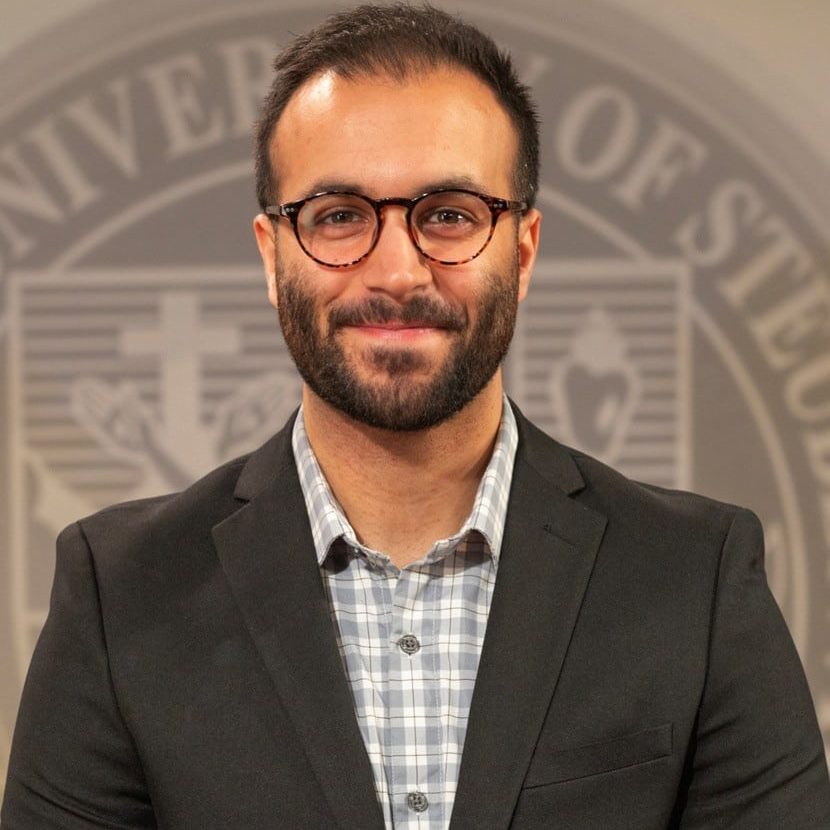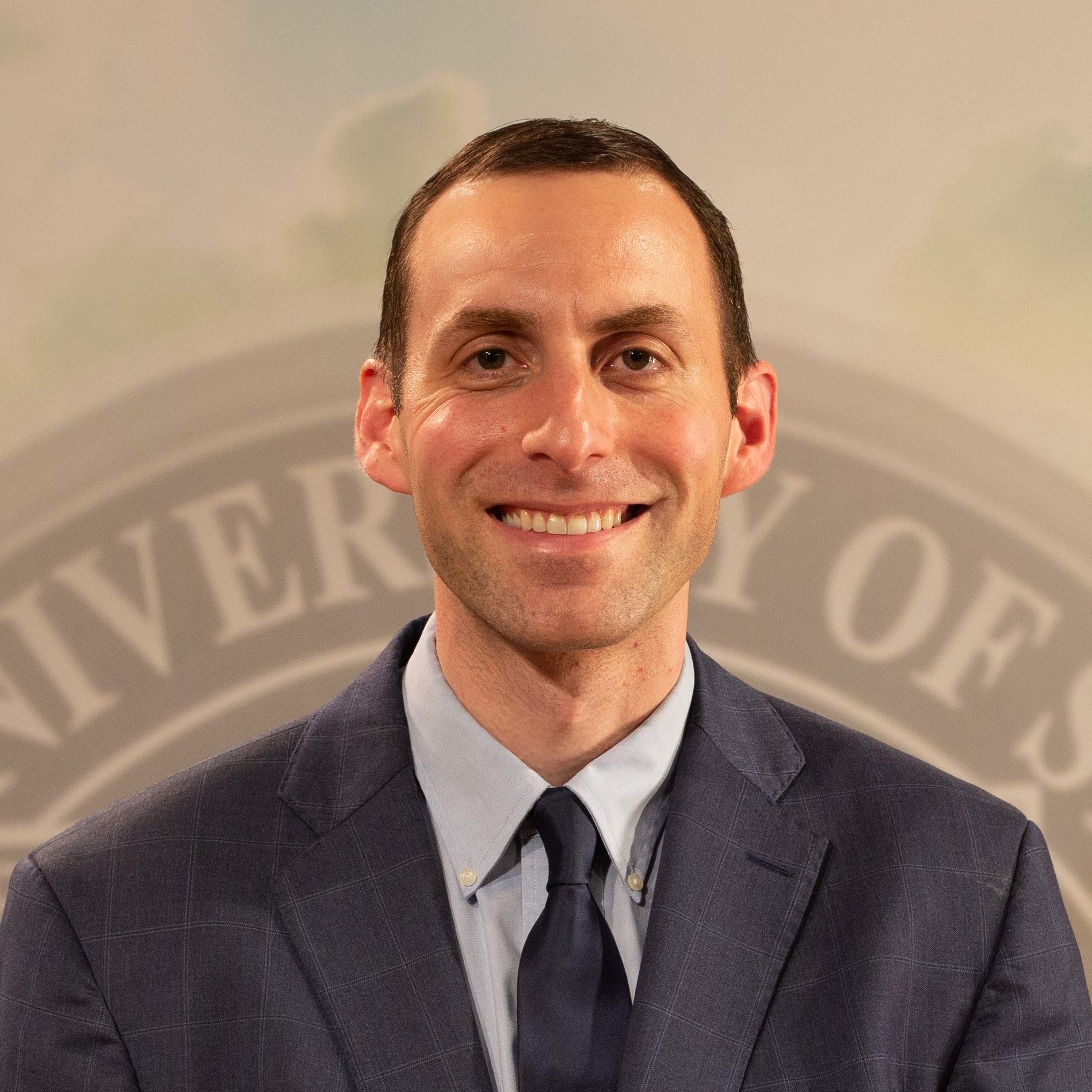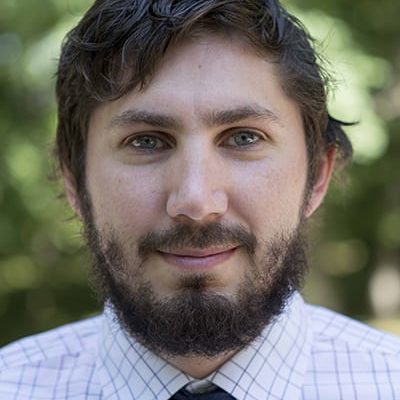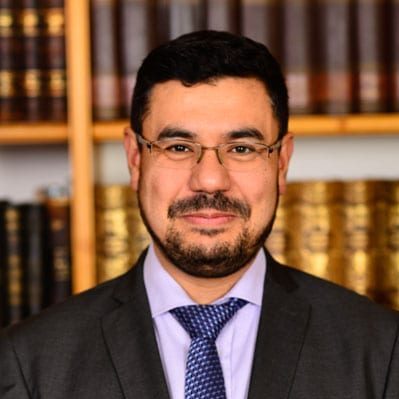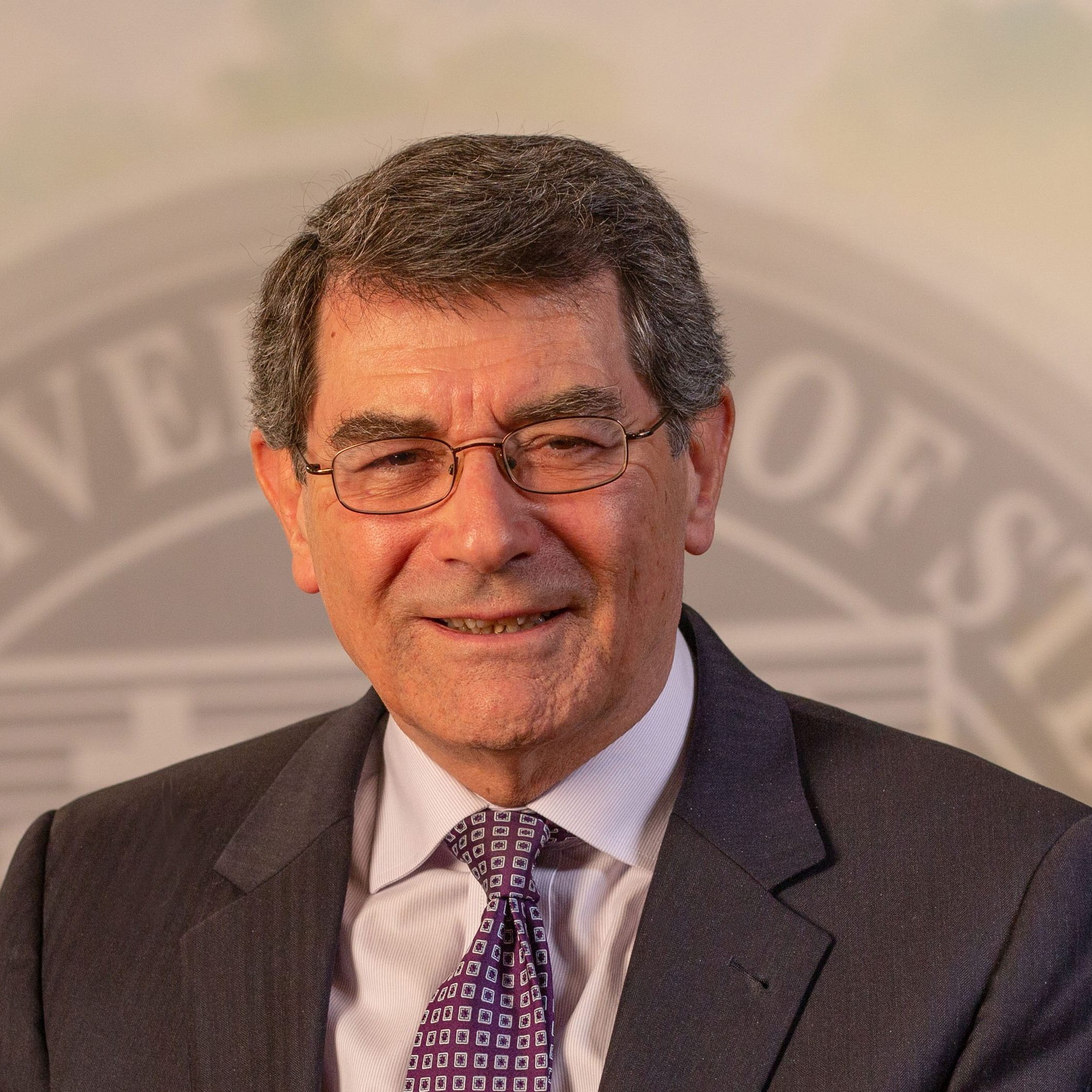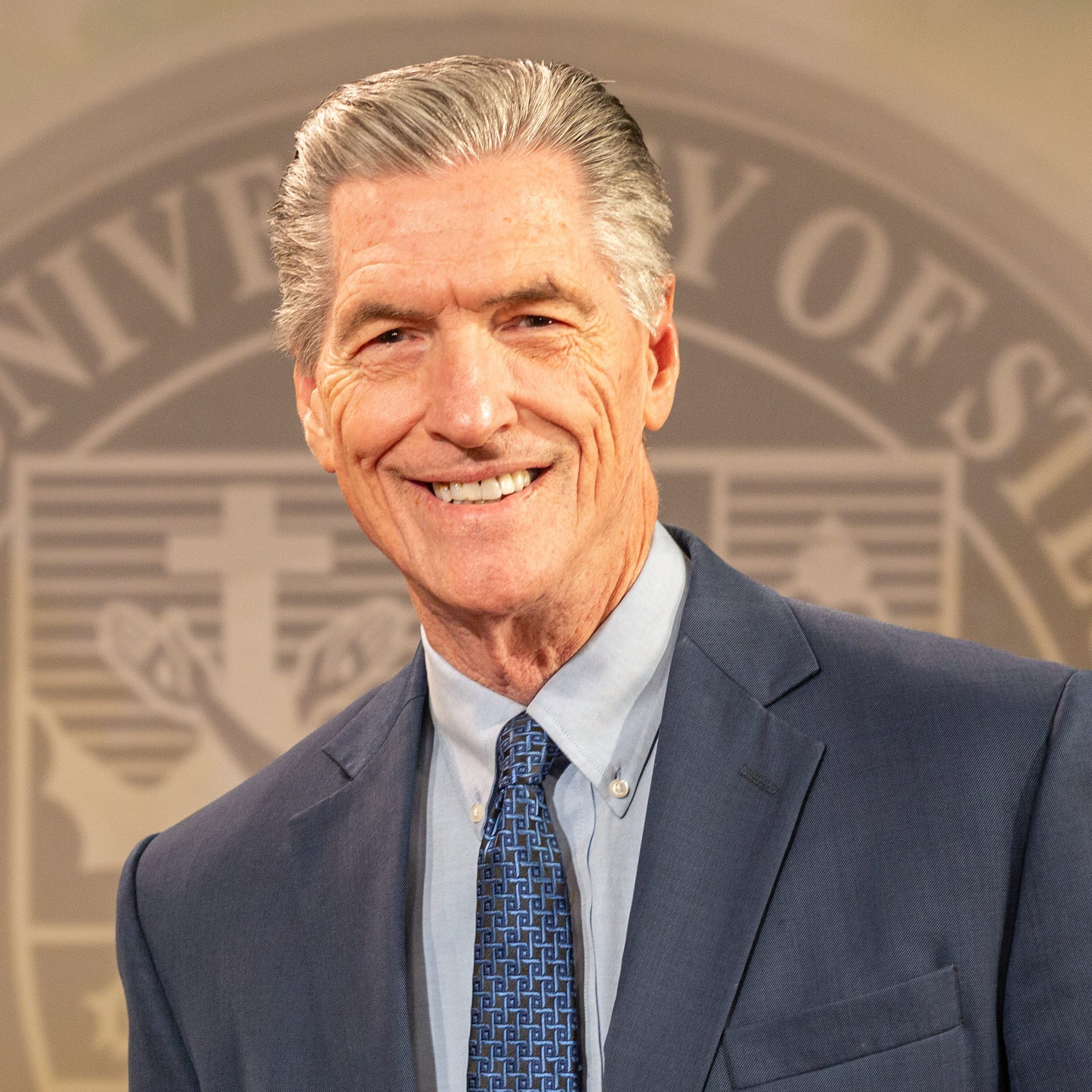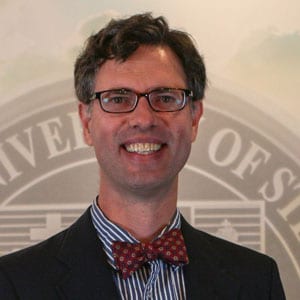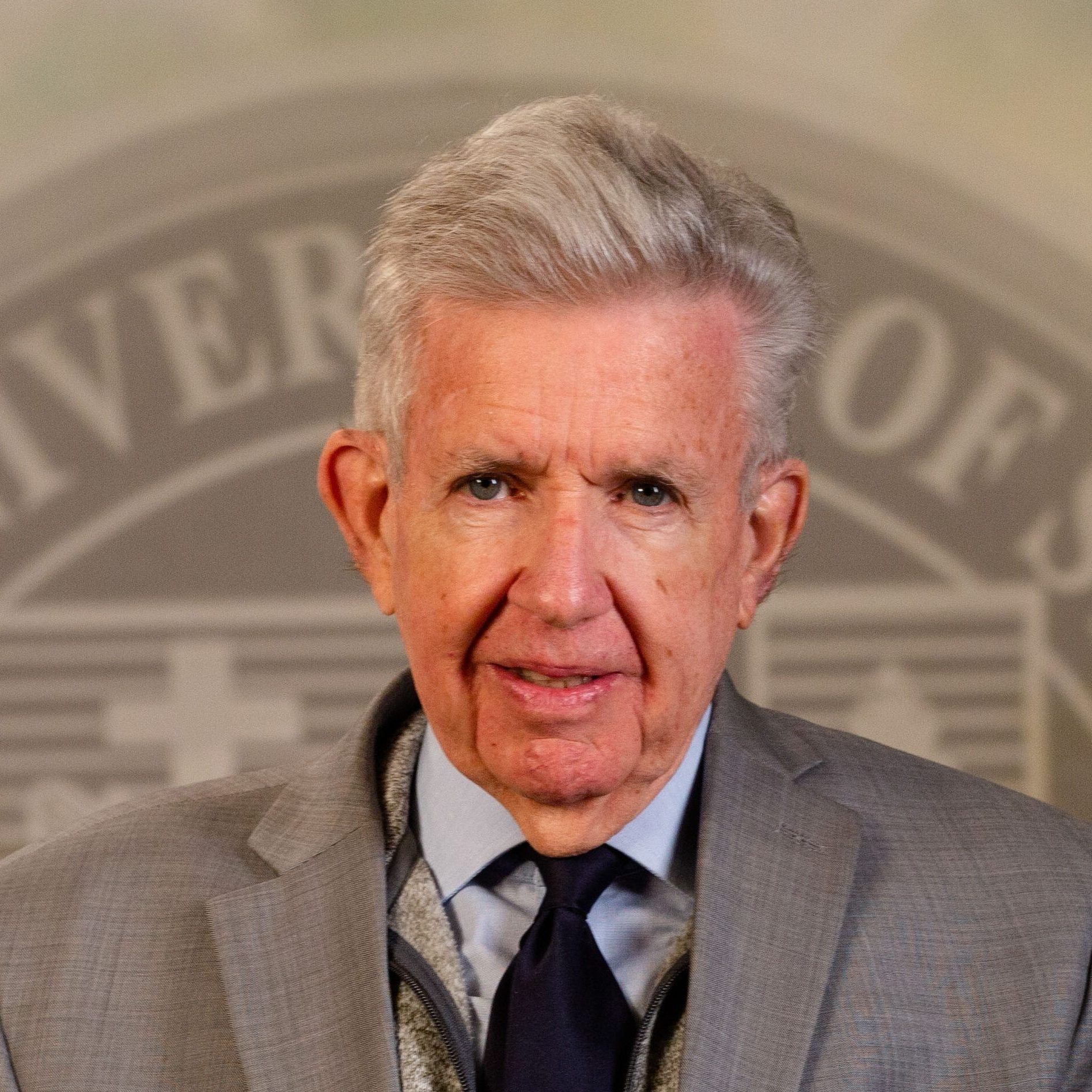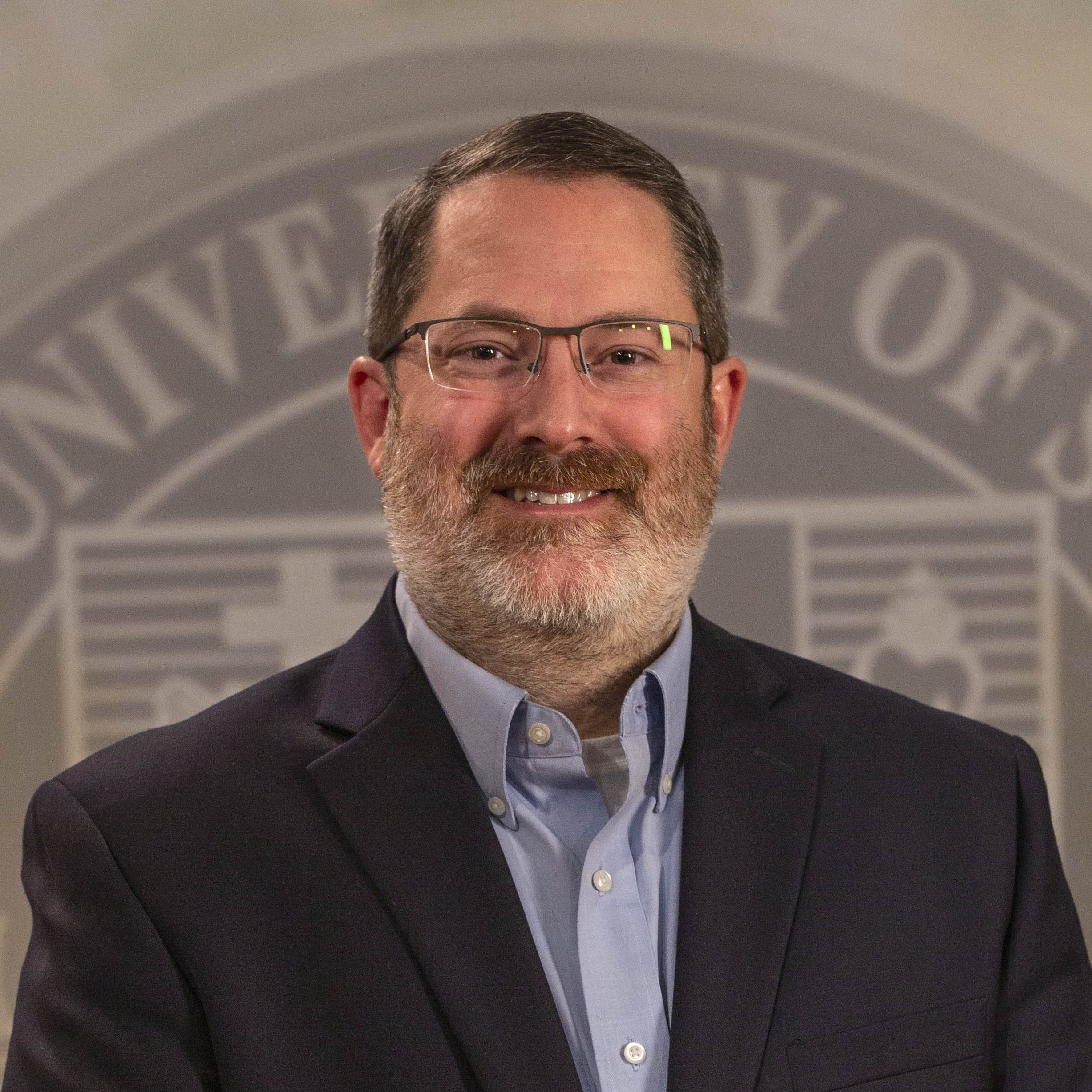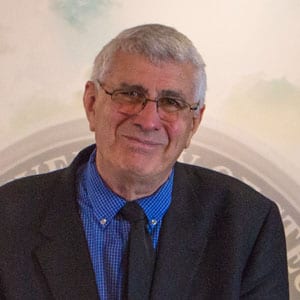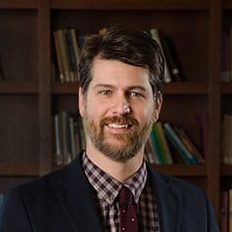
Dr. Paul Symington
Director, Online AA in Philosophy
Graduate Status Faculty
Professor of Philosophy
Professor Paul Symington graduated magna cum laude with a B.A. in Philosophy and Religion from Roberts Wesleyan College in 1998. He received an M.A. in Theology from Northeastern Seminary in 2001 and an M.A. in Philosophy from Boston College in 2004. He graduated from the State University of New York at Buffalo with a Ph.D. in Philosophy in 2007. He then taught for one year at the University of San Francisco before receiving a position in 2008 at Franciscan University of Steubenville.He was a Service-Learning Faculty Fellow at the University of San Francisco and received a NYS Professional Development Award from the State University of New York at Buffalo in 2007. He is a member of The Society for Medieval and Renaissance Philosophy, The American Catholic Philosophical Association, and The American Philosophical Association. His research is mainly focused on areas in metaphysics and medieval philosophy
- Ph.D., Philosophy, University at Buffalo, 2007. Dissertation: “The Identity of the Categories: Aquinas, Scotus, and Lowe.” Committee: Jorge J. E. Gracia (chair), Barry Smith, Jiyuan Yu.
- M.A., Philosophy, Boston College, 2004. Qualifying Exam Committee: Eileen Sweeney, William Richardson, Ronald Anderson.
- M.A., Theology, Northeastern Seminary, 2001. Master’s Thesis: “Thomas Aquinas’s Use of Hylomorphism in Defining Key Theological Concepts.” Thesis Director, David Basinger. Page 2 of 9 B.A., Philosophy & Religion, magna cum laude, Roberts Wesleyan College, 1998.
- Graduate
- Analytic Thomism
- Ethics of Health Care Law & Social Policy
- Foundations of Bioethics
- Selected Issues in Metaphysics: Categories
- Selected Issues in Metaphysics: Medieval Metaphysics
- Selected Issues in Metaphysics: Modes of Being
- Selected Issues in Metaphysics: Personal Identity
- Special Topics: The Philosophy of Peter Van Inwagen
- Texts of Aquinas
- Undergraduate
- Ancient Greek Philosophy
- Contemporary Philosophy
- Ethical Theory and Practice (Service Learning)
- Ethics
- Introduction to Philosophy
- Logic
- Medieval Philosophy
- Metaphysics
- Philosophy of Human Person
- Philosophy of Religion
- Thomistic Traditions in Philosophy
- World Civilization I & II (Recitation Instructor)
Books
- On Determining What There Is: The Identity of Ontological Categories in Aquinas, Scotus and Lowe (Walter de Gruyter, 2010)
Select Presentations
- “Powerful Logic: Aquinas’s Unified Theory of Prime Matter as Principle of Individuation and Pure Potency,” Power Structuralism Visiting Lecture Series, Corpus Christi College (co-sponsored by Corpus Christi College & Blackfriars), University of Oxford, May 5th 2015.
- “Personal Identity and the Problem of Death,” Blackfriars Hall, University of Oxford, May 10th, 2015.
- “Theories of Prime Matter,” 2nd Annual Wake Forest Hylemorphism Workshop, July 7th-11th, 2014.
- “Categories and Modes of Being: A Discussion of Robert Pasnau’s Metaphysical Themes,” Robert Pasnau’s Metaphysical Themes: Author Meets Critics, Society for Medieval Logic and Metaphysics Meeting, 47th International Congress on Medieval Studies, Western Michigan University, May 2012.
- “Categories, Metaphysics and Predication in Aquinas,” APA Pacific Meeting, Main Program, Pasadena, March, 2008.
Select Articles & Book Chapters
- “Category Realism versus Anti-Realism,” Mereologies, Ontologies and Facets: The Categorial Structure of Reality, edited by Paul Hackett (Rowman & Littlefield, 2017), in preparation.
- “The Analogical Logic of Discovery And The Aristotelian Epistemic Principle: A Semantic Foundation For Divine Naming In Aquinas,” American Catholic Philosophical Quarterly 89, 22 (2015): 195-222.
- “Categories and Modes of Being: A Discussion of Robert Pasnau’s Metaphysical Themes,” Proceedings of the Society for Medieval Logic and Metaphysics 11 (2013): 32-69.
Paper for Broad Leadership
- “Academic Freedom Bound? An Autonomous Philosopher and the Mandatum,” New Oxford Review, Vol. 81, No. 7 (Sept. 2014).
Select Book Review
- Review of Edward Feser, Scholastic Metaphysics: A Contemporary Introduction, Notre Dame Philosophical Reviews (Sept. 2014).





